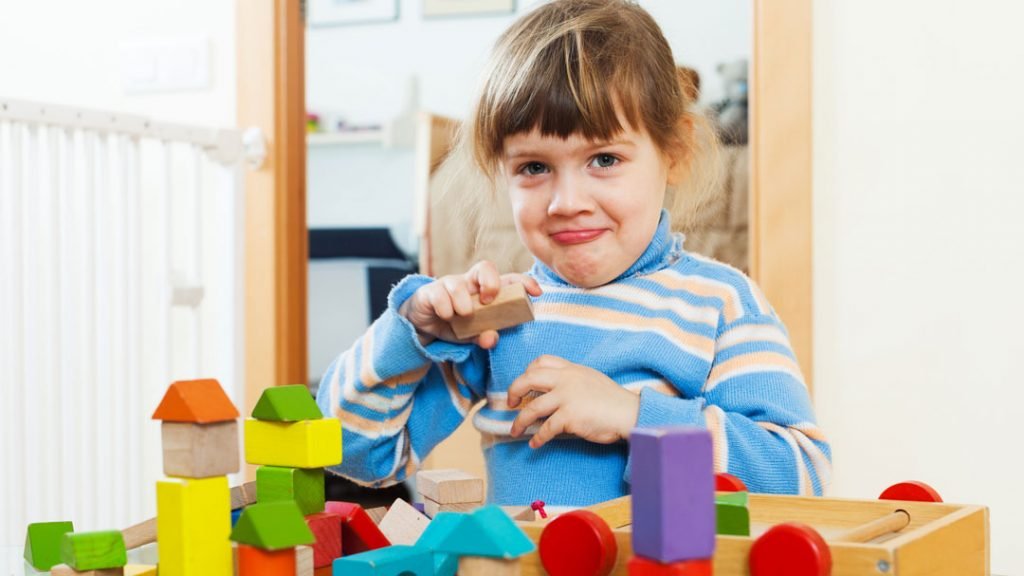Between the ages of 3 and 5, children experience rapid brain development that lays the foundation for future learning. This stage is marked by impressive growth in memory, attention, problem-solving, and language—collectively known as cognitive skills. These abilities influence how young children understand the world, communicate ideas, and begin to think critically. By nurturing these cognitive milestones early on, parents and caregivers can set the stage for lifelong learning success.
What Are Cognitive Skills?
Cognitive skills refer to the core mental abilities that children use to process information. These include:
- Attention – the ability to focus and stay engaged.
- Memory – the skill to retain and recall information.
- Reasoning – the ability to make sense of things and solve problems.
- Language – understanding and using words effectively.
- Perception – interpreting sensory input like sights and sounds.
Between the ages of 3 and 5, children refine these skills at different paces, influenced by both genetics and environment. While each child is unique, there are key areas that caregivers can focus on to support cognitive development.
Key Cognitive Skills to Watch For
1. Attention and Focus
Preschoolers begin to develop the ability to concentrate for longer periods. A 3-year-old might only focus for 5 to 10 minutes, while a 5-year-old can engage with an activity for up to 20 minutes. This growing attention span is essential for learning new concepts and participating in group activities.
How to help:
Play memory games, do puzzles, or read short books together. These activities encourage sustained focus and listening skills.
2. Language and Communication
At this stage, vocabulary rapidly expands. Children start to form full sentences, ask lots of questions, and understand basic grammar. By age 5, many can tell simple stories and follow multi-step instructions.
How to help:
Encourage conversation. Ask open-ended questions like, “What was your favorite part of today?” and give your child time to respond. Reading aloud daily is also one of the most effective ways to build language skills.
3. Problem Solving
Preschoolers begin to understand cause and effect. They enjoy figuring out how things work—whether it’s stacking blocks to build a tower or solving how to fit puzzle pieces together. This trial-and-error thinking builds critical reasoning skills.
How to help:
Offer toys and activities that challenge your child to think, such as sorting games, building blocks, and shape-matching toys. Let them explore solutions before stepping in.
4. Memory Development
Memory plays a vital role in learning. Children at this age start to recall daily routines, recognize familiar faces and names, and remember songs or rhymes.
How to help:
Play simple memory games, such as “I went to the store and bought…” or matching card games. Talk about past events to help reinforce memory retention.
5. Imagination and Creativity
Imaginative play, like pretending to be a chef or a superhero, enhances cognitive flexibility. It encourages children to think symbolically and consider different perspectives.
How to help:
Provide props like costumes, kitchen sets, or puppets. Join in their play and let them lead the story. This kind of play boosts both creativity and cognitive growth.
Everyday Activities to Support Cognitive Growth
- Read daily. Books introduce new words and ideas while developing attention and memory.
- Play together. Board games, pretend play, and problem-solving activities all build thinking skills.
- Talk often. Simple conversations teach communication, reasoning, and storytelling.
- Encourage questions. Curiosity is a sign of developing cognition. Answer “why” questions with thoughtful responses.
When to Be Concerned
While every child develops at their own pace, some signs might indicate a delay in cognitive development. These include:
- Difficulty following simple directions
- Limited vocabulary or poor sentence formation by age 4
- Trouble remembering familiar routines
- Struggles with attention beyond age-appropriate levels
If you observe these patterns consistently, it may be helpful to speak with a pediatrician or child development specialist. Early support can make a significant difference in a child’s growth. Additionally, enrolling your child in a nurturing preschool program in Saratoga Springs can provide structured learning opportunities and individualized attention that support healthy cognitive development.
Final Thoughts
Supporting cognitive development in children aged 3 to 5 doesn’t require fancy tools or formal lessons. What matters most is engaging, consistent interaction. Talking, playing, reading, and encouraging curiosity are all powerful ways to build young minds.
As children begin to understand their world, your guidance helps shape how they think, learn, and grow. With patience, attention, and love, you’re giving them the best start possible.






